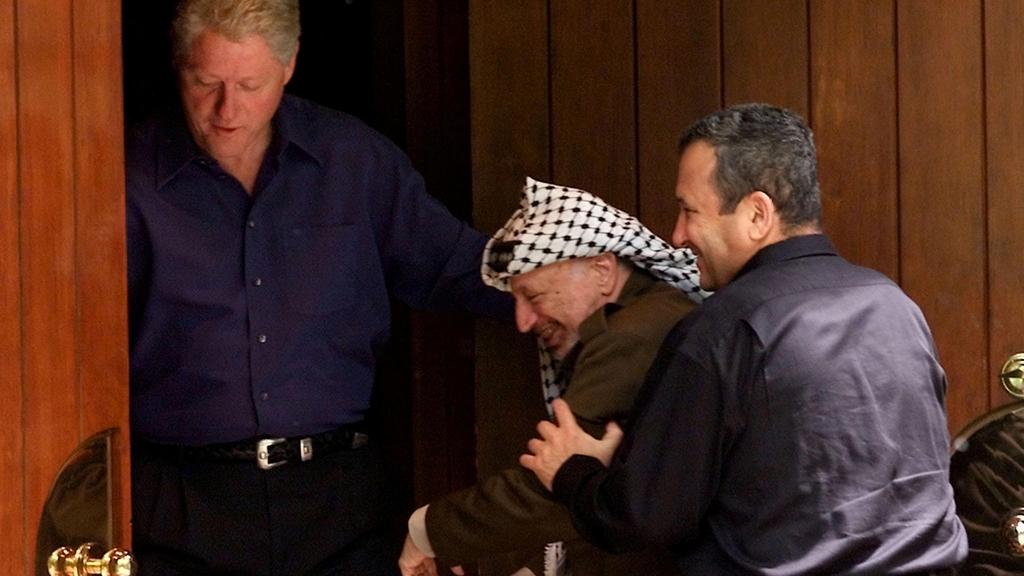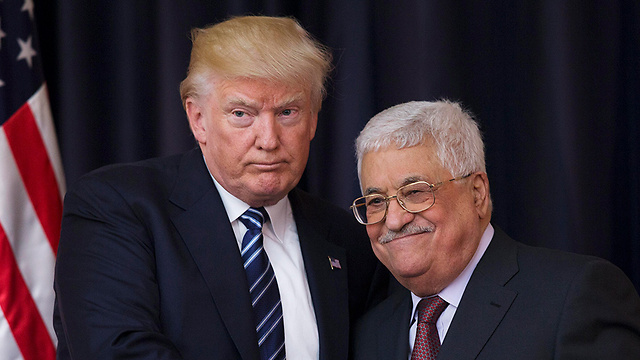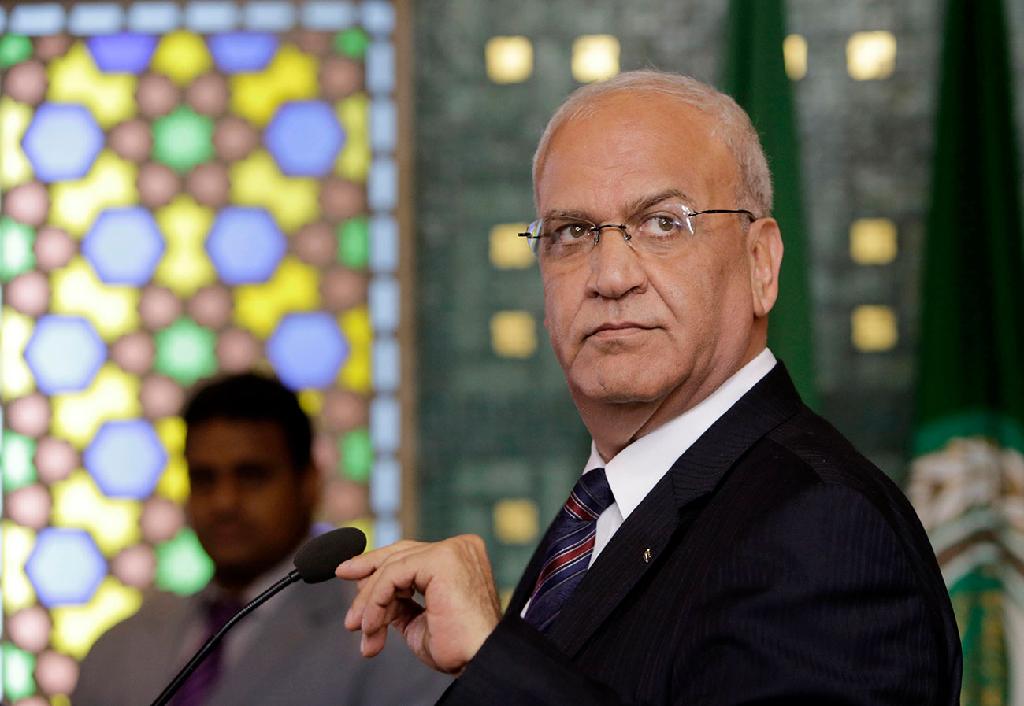Getting your Trinity Audio player ready...
There is no need to delve into the details of the U.S. President Donald Trump's proposal to know that it will not lead to a peace agreement. It is, however, likely to bring about some kind of arrangement that would require an active participation of both sides.
The Palestinians have already said they will reject any of peace plan proposed by the current U.S. administration.
It's not anything new. The Palestinians in the past declined offers granting them a sovereign state on 95% of the disputed territories and an additional 5% in land exchange, most of East Jerusalem and an economic solution to the Palestinian refugee problem.
They will surely decline a proposal offering them a lot less.
An arrangement based on the so-called deal of the century is certainly possible because if Israel conducts itself properly, it could win the support of the international community and even some support in the Arab world.
Trump's peace plan apparently also contains the mention of "Palestinian state," to the existence of which Prime Minister Benjamin Netanyahu had already agreed in his 2009 speech at Bar-Ilan University and again in 2014 during negotiation talks with then-U.S. Secretary of State John Kerry.
The deal of the century offers more to Israel than any other peace proposal tabled over the last two decades, and much, much less to the Palestinians.
Is it fair? Well, in recent decades the Palestinians have grown used to receiving an improved offer each time they reject yet another proposal.
In 2009, Palestinian diplomat Saeb Erekat explained to Jordanian daily newspaper Ad-Dustour why the Palestinians decided to decline then-Prime Minister Ehud Olmert's very generous proposal the year prior.
"[Prime Minister] Ehud Barak offered us 90% [of the disputed territories] and Olmert offered us 100%. Why should we hurry?" said Erekat.
Trump's peace plan, it seems, breaks this pattern and the Palestinian wall of arrogance. You rejected 90%? 100%? No problem. Back to 60%, it is.
There is not going to be a Palestinian state in the foreseeable future, but Israel has a historic opportunity to create a reality in which the principle of separation is fundamental. The settlements will stay under Israeli rule, so will the Jordan Valley.
The deal also allegedly emphasizes that any potential Palestinian state will be demilitarized. If the Palestinians want it - they'll get it. If they don't - the Palestinian state will only exist on paper.
It has been there since the Peel Commission, a British Royal Commission of Inquiry appointed in 1936 to investigate the causes of unrest in Mandatory Palestine.
The Jewish state was only supposed to span on 17% of the land east of the Jordan River. The post-WWI San Remo conference in 1920 only designated 4% of the territory for a national home for the Jewish people.
4 View gallery


Ehud Barak, Bill Clinton and Yasser Arafat during 2000 Camp David Summit
(Photo: Reuters)
The Arabs declined to accept those offers and they've been refusing any proposal offered to the ever since. It is time for them to pay a price for their repeated refusals. No more concessions!
The Jewish side always cared more about demography rather than geography and that is also the reason why it has always prospered. The Palestinians did the opposite.
The Israeli right has been striving for many years to change the course of history, insisting on expanding the geographical borders and hurting the Zionist vision of a state with a Jewish majority. This problem will only get worse if the Israeli right says "no" to the deal of the century.
One can assume that the Palestinians will not be the only ones saying "no" to the peace plan. Parts of the Israeli and international left-wing will join them in an effort to form a coalition opposing the proposal.
There's no point in joining a coalition that only specializes in saying "no" and shifting the blame onto Israel.
Past governments accepted peace proposals which were much more generous to the Palestinians. Therefore, a plan that offers the Palestinians less and Israelis more, should absolutely be accepted.
It is more important to promote an arrangement that gives Israel both control over its security and demographic separation. It's important to implement this proposal regardless of whether the Americans will be involved. It would ensure a Jewish majority and prevent the creation of a binational state.
Let's leave the "no" to the Palestinians. Israel must say "yes".
First published: 23:49, 01.26.20




